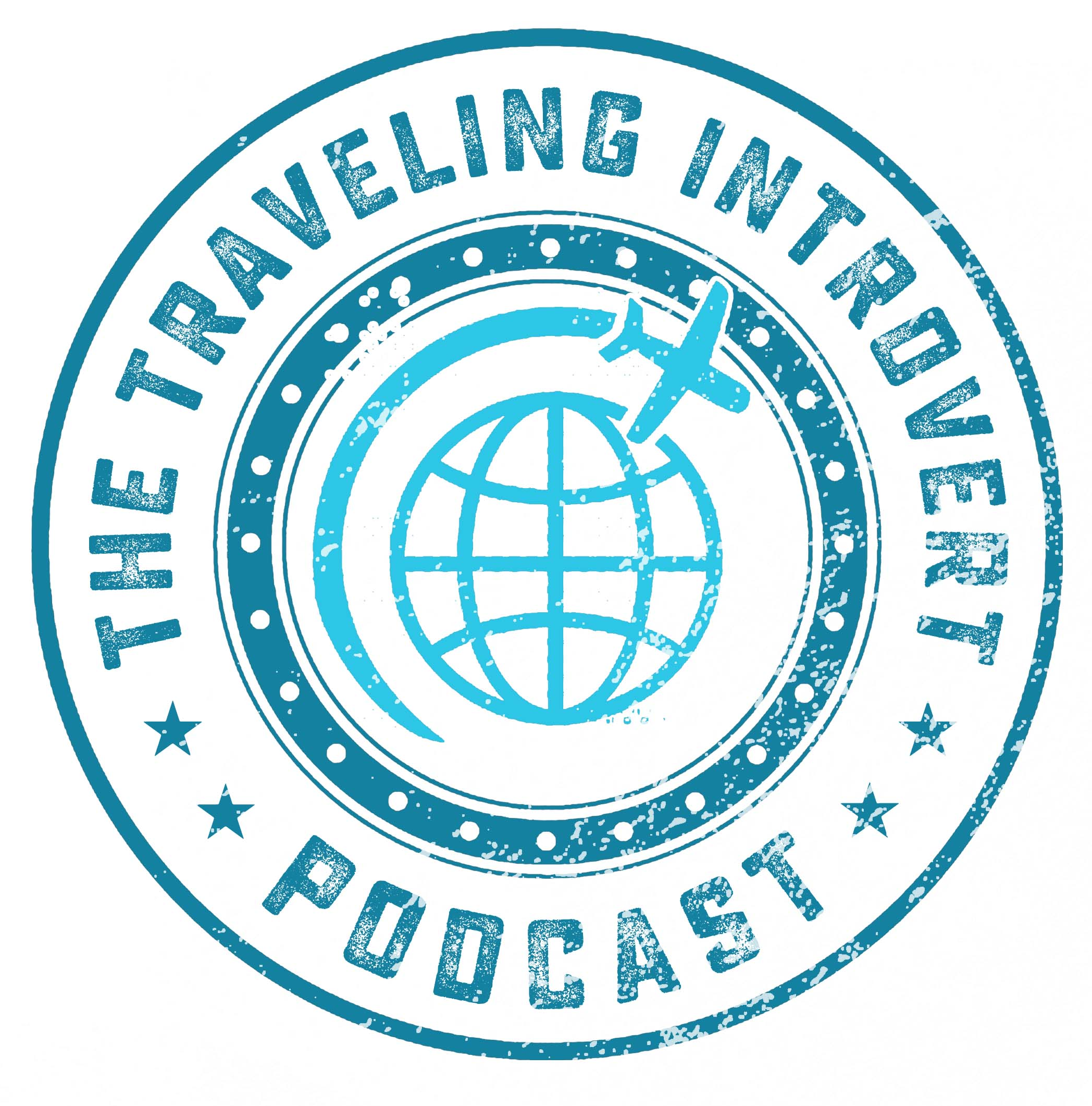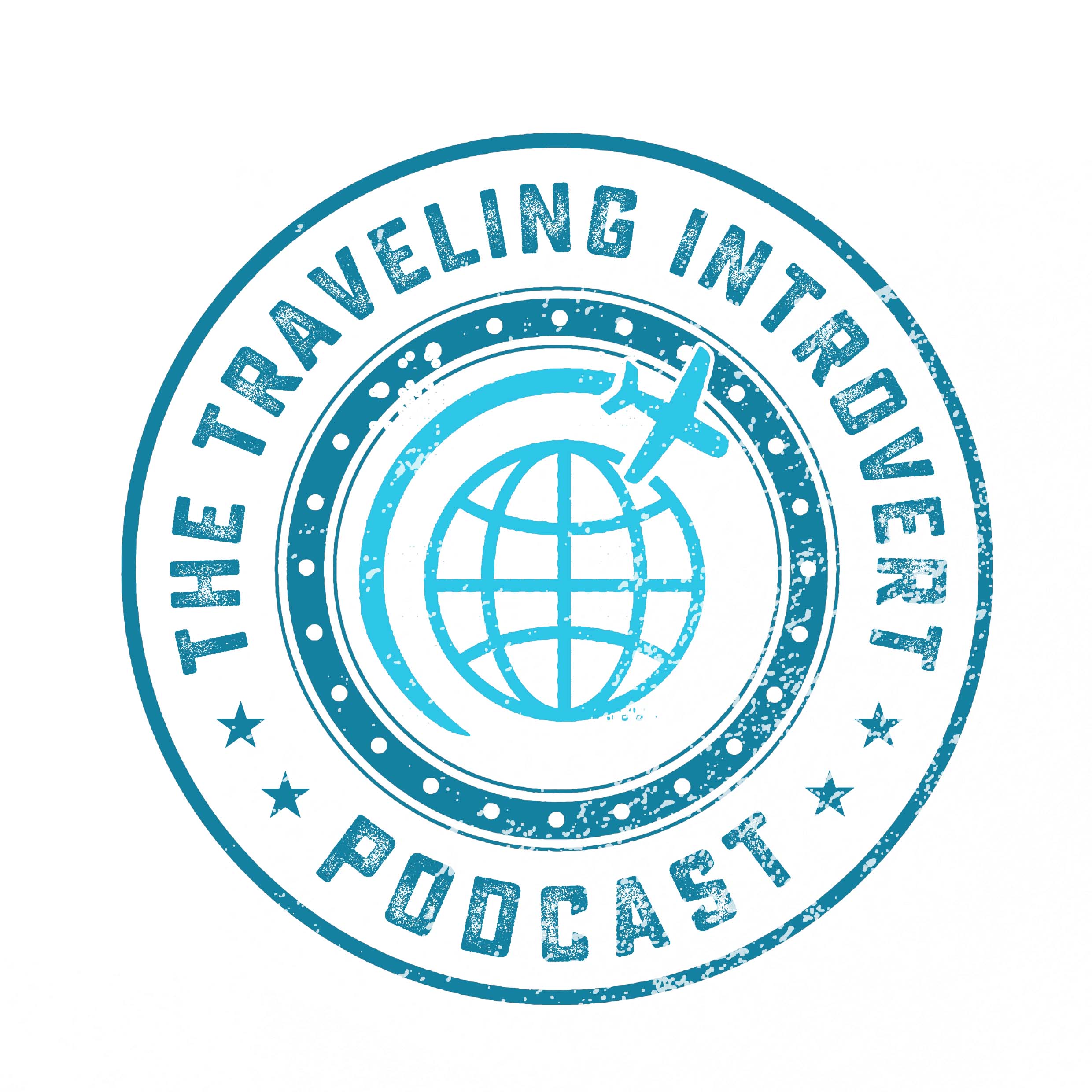Episode 393
Designing a Custom Productivity Plan
Definition and Variation of Productivity
- Misconception of one-size-fits-all tips
- Productivity varies from person to person
- Differences in energy patterns (morning vs. night people)
- Attention span
- Work style
- Personal goals
Key Elements of a Personalized Productivity Plan
- Needs to align with personal habits, preferences, and goals
- Selection through trial and error
- Key strategies and tools:
- Time blocking
- Eisenhower matrix
- Energy level tracking (using energy journals)
- To-do lists
- Time tracking apps
- Project management systems
- Importance of flexibility:
- Breaks
- Unforeseen events (illness, vacations, off days)
Steps to Create Your Own Productivity Plan
- Assess current productivity:
- Reflect on what's working and what isn't
- Set goals:
- Daily, weekly, and long-term goals
- Align tasks with these goals and break them down
- Design your schedule:
- Align tasks around energy levels
- Choose and utilize tools:
- Identify apps, systems, or planners that fit your style
- Test and refine:
- Continuous iteration and improvement
Examples of Personalized Productivity Plans
- Energy Management Focused Plan
- Morning routine: High focus tasks
- Midday routine: Moderate tasks and breaks
- Afternoon routine: Low energy tasks and daily review
- Tools: Pomodoro timer, energy tracker journal
- Support: Weekly coaching calls
- Boundary and Communication Focused Plan
- Morning routine: Identify priorities, communicate availability
- Midday routine: Check-ins and boundary reinforcement
- Afternoon routine: Reflect on adherence and communication effectiveness
- Tools: Boundary setting templates, communication scripts
- Support: Biweekly workshops
- Overcoming Impostor Syndrome Focus
- Morning routine: Affirmation exercises, priority setting
- Midday routine: Task completion focusing on strengths
- Afternoon routine: Reflect on achievements, plan for next day
- Tools: Affirmation cards, achievement logs
- Support: Monthly group coaching
Transcript
Hello, and welcome to The Traveling Introvert. Today, I want to talk about creating your own personalized productivity plan because I'm tired of the one size fits all productivity tips that just don't seem to work. It's time for you to design a productivity plan that actually fits you. So here's the thing. Productivity is that word that gets thrown around a lot. And what productivity means for one person doesn't mean it means the same thing for somebody else. And productivity isn't about how many things you can tick off your list or how quickly you can do things. It does vary from person to person, and there are factors that influence productivity from energy patterns, people who are morning people versus night people like myself, to the point that I'm recording this at 9:30 at night, attention span, your work style, and your personal goals.
Janice Chaka [:So you need to create a plan that aligns with your personal habits, preferences, and goals, and they will not be the same as somebody else's. The idea is that you're given a schloggers berg of things that could work and have worked for other humans, and you pick and choose, by trial and error, unfortunately, what works for you. There are things like time blocking and the Eisenhower matrix to help you prioritize tasks, or aligning your tasks with personal and professional goals. There's thinking about your energy levels, tracking when you feel most energized and focused during the day, maybe by using, an energy journal. Then there's tools and techniques, sort of to do lists, and time tracking apps, and project management systems. And then there's building flexibility into it all because productivity plans are not rigid, they're not static. Building times for breaks and unforeseen events and sickness and vacations, and you're just not feeling it today. And so I wanna talk about really quickly creating your own plan.
Janice Chaka [:First of all, you assess your current productivity. Reflect on what's working and what isn't, and that could be down to types of tasks you do and when you do them or just your energy levels right now. Then set daily, weekly, and long term goals, and align tasks within those goals and break them down. Then design your schedule if you can as much as possible around your energy levels. Focus high energy tasks when you're most alert, and then choose your tools. Identify the apps and systems or paper planners or whatever it is that fits your style, and then test and refine. You see, once you do it, that's great, but you need to iterate over time. And let me give you some examples of what personalized productivity plans might look like.
Janice Chaka [:So for example, someone who is all about energy management and productivity and they want to maximize the productivity by aligning tasks with their energy levels, they might have a morning routine that begins with high focus tasks when energy is highest and then a midday routine where they schedule moderate tasks and take short breaks to recharge, and then an afternoon routine to complete lower energy tasks and review the day's accomplishments. Tools they might use are Pomodoro timer and energy tracker journal, and support that they might get is weekly coaching calls to adjust the plan based on energy patterns. Now if someone wanted to really tone in on boundaries and communication by improving productivity by setting clear boundaries, their morning routine might be identifying 3 priorities and communicating availability. Their midday routine could be scheduling check ins and boundary reinforcement. Afternoon routine could be reflecting on boundary adherence and communication effectiveness. The tools that they might use are boundary setting templates and communication scripts, and the support might be biweekly workshops on effective communication and boundary setting. And if someone was thinking about how to overcome impostor syndrome their objective would be to boost their confidence and productivity by addressing that. And so their morning routine might be affirmation exercises and priority setting.
Janice Chaka [:Midday routine could be task completion with a focus on their strengths. Afternoon routine could be reflecting on achievements and planning for the next day. Tools that they might use are affirmation cards and achievement logs, and the support might be monthly group coaching to discuss progress and share strategies. See, these are all very personalized productivity plans for different types of humans depending on what their goals are. So just remember there isn't one size fits all, and things will change over time as you get better at integrating these tiny habits effectively into your life. So having the structure will help you long term, and then you'll be able to just start tracking your energy levels just for this week and then gradually build out your plan moving forward. Thank you for listening. This is Janice at the Career Intrepid, helping you build your brand and get hired.
Janice Chaka [:Have a great rest of your week.



